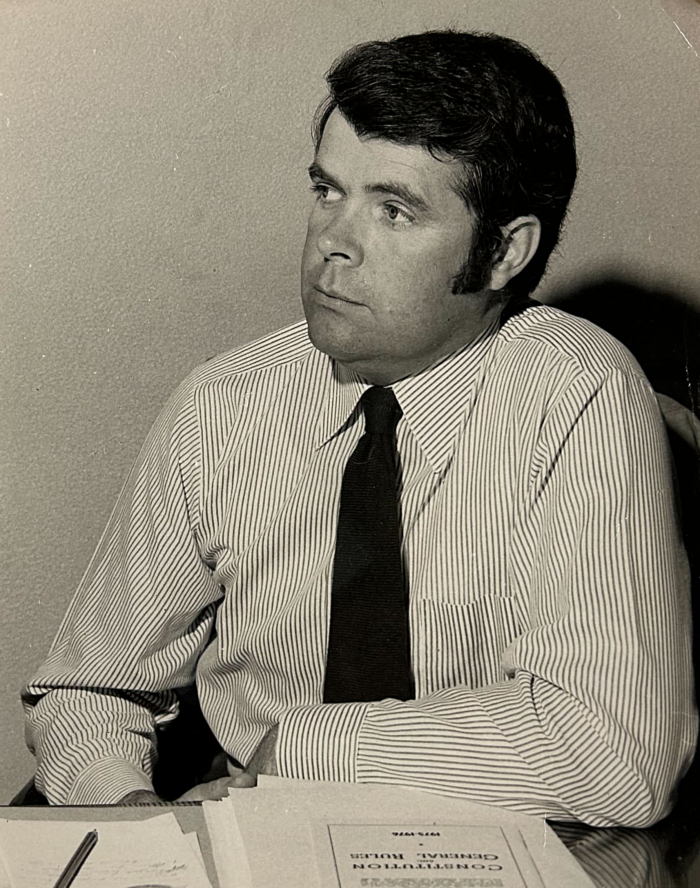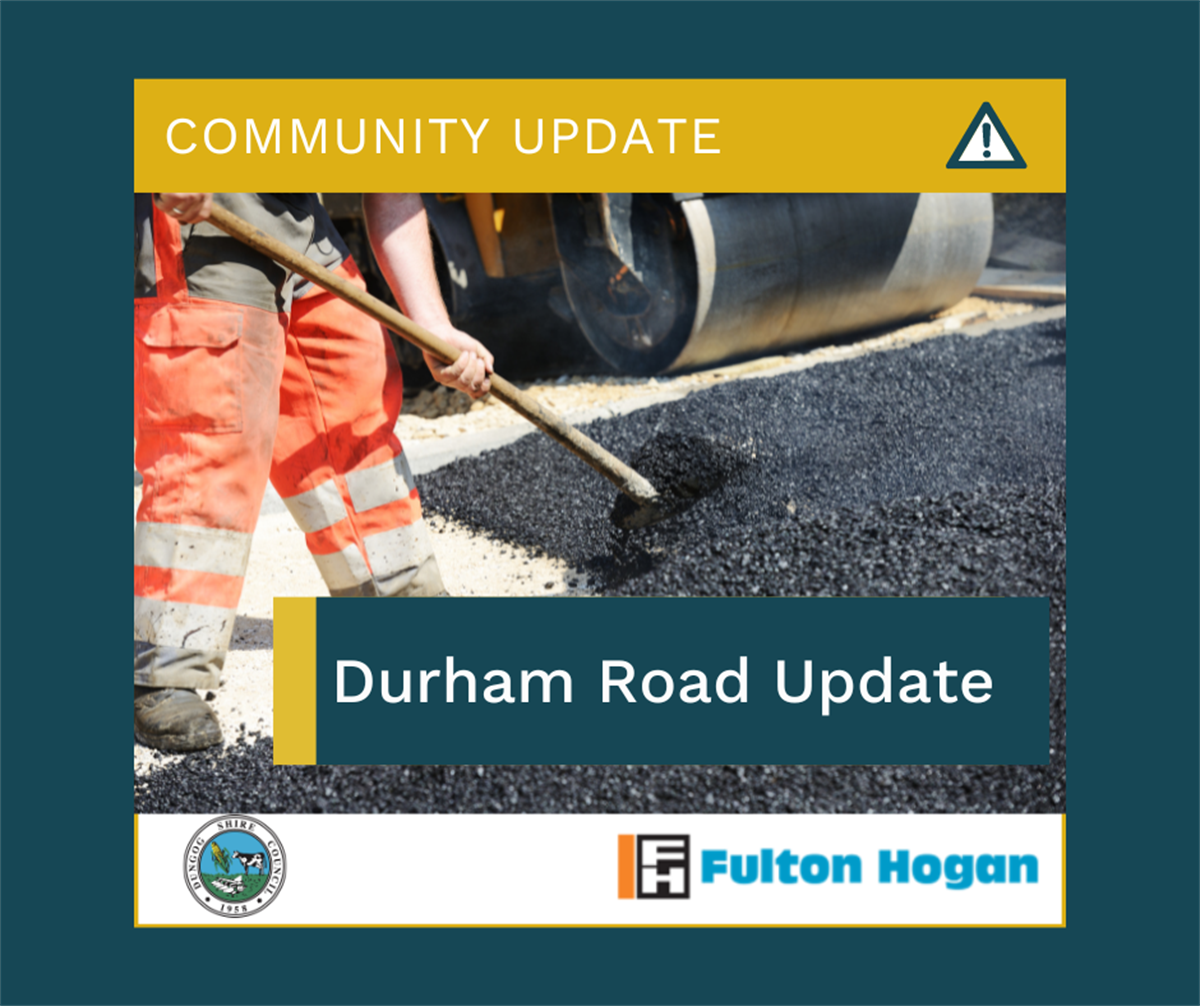Finding what works, the third report in CEDA’s Disrupting Disadvantage series, found 95 per cent of Federal Government programs over the past decade had not been properly evaluated.
“The community rightfully expects that taxpayer funds are used to effectively improve economic and social outcomes for all citizens, but too often this is not the case,” CEDA Chief Executive Melinda Cilento said.
“The Albanese Government has committed to improve practice in this area, including the likely introduction of an Evaluator-General.
“We must take steps now to improve evaluation, starting with major community services.”
CEDA analysed 103 federal, state and territory program evaluations over the past decade covering a range of policy areas, using Auditor-General performance reports.
The 20 federal programs analysed cost more than $200 billion over the decade. We found 95 per cent, or 19 of 20, had not been appropriately evaluated.
Of the 20 federal programs:
A quarter (5 of 20 programs) had no evaluation framework; and
Seventy per cent (14 of 20) had either an incomplete, inconsistent or poor evaluation framework.
Australian governments spend around $64 billion per year on community services such as disability, aged care, social supports and child-protection services (excluding welfare payments).
Based on our finding that 95 per cent of programs over the past decade had not been properly evaluated, at least $61 billion of community services spending a year is unlikely to be properly evaluated.
Over the past decade, federal and state government spending on community services has increased by roughly five per cent each year.
“We can’t keep increasing spending on these programs while they fail to make tangible progress on reducing poverty and disadvantage,” Ms Cilento said.
CEDA’s recommendations to overhaul federal evaluation practices include:
The Albanese Government’s planned Office of the Evaluator-General should foster and champion an evaluation culture among government departments and external providers;
Incentivising evaluation, including legislating the review of existing major Commonwealth-funded programs at least every five years;
Requiring evaluation frameworks to be submitted as part of budget processes, including appropriate resourcing for evaluation and data collection plans;
Improved data access and availability to enable better evaluations; and
Better governance and embedding an evaluation culture within the public sector.
The recent royal commissions into aged care, disability and robodebt highlight the risks of poor or non-existent evaluation.
“Demands on government services keep rising even as budgets are under more pressure than ever,” Ms Cilento said.
“Meeting community expectations in a fiscally responsible way requires robust and consistent evaluation and learning from the evidence.
“If we want to end the cycle of reviews and inquiries that gather dust on politicians’ desks, evaluation must be integrated into government processes.”
Report author, CEDA Senior Economist Cassandra Winzar, says poverty in Australia is unacceptably high and we are not making progress in reducing poverty and disadvantage.
“This is in part due to governments’ failure to evaluate community services for their effectiveness and value,” Ms Winzar said.
“There is plenty of evidence showing what makes a good evaluation and how to conduct one, but it takes more than this.
“The bigger challenges are cultural change, political will and the capability to get it right.”








